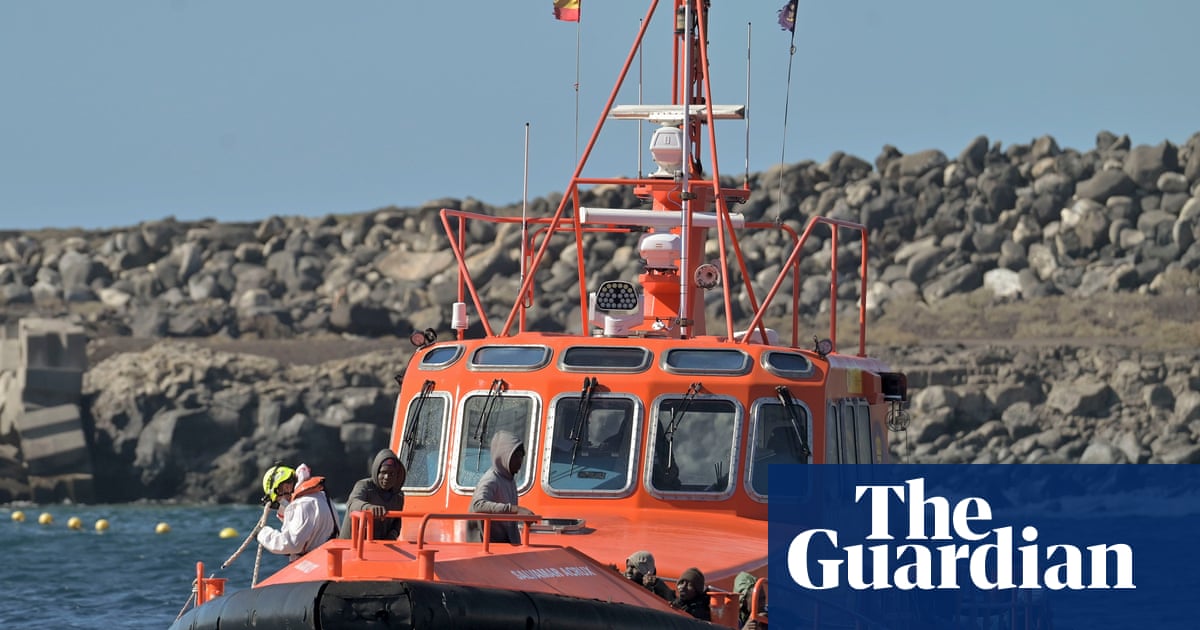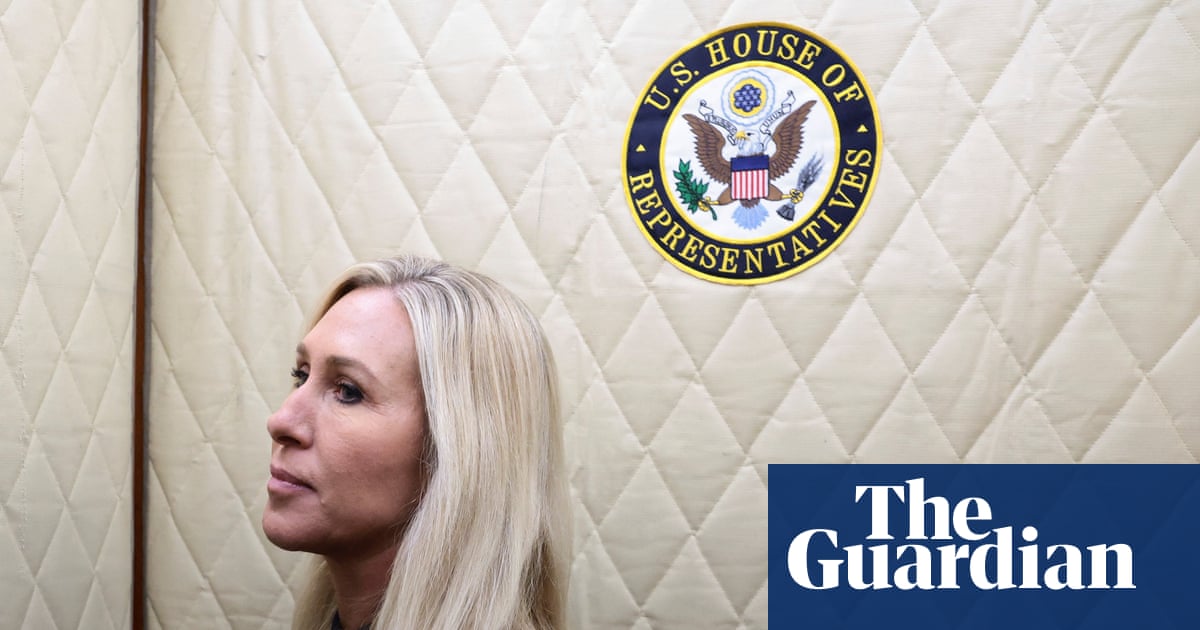Downing Street has denied that the government’s returns deal with France is in chaos after plans to forcibly remove from the UK people arriving in small boats were abandoned for a second day.
Asked by reporters if the latest delay meant the so-called “one in one out” agreement was “a shambles”, the prime minister’s spokesperson said “No”.
The response came after plans on Monday and Tuesday to fly rejected asylum applicants to Paris were dropped. It is understood that further flights have been booked for Wednesday, Thursday and Friday, and a government source said the first flight is expected to take off this week.
Under the “one in, one out” pilot scheme, British officials are supposed to detain some of those who cross the Channel and send them back to France, in return taking an asylum seeker in France who can show they have family connections in Britain.
The deal was announced by Keir Starmer and Emmanuel Macron in July. Speaking at a joint press conference, the prime minister said: “There is no silver bullet here, but with a united effort, new tactics and a new level of intent, we can finally turn the tables.”
In a further development, French interior ministry officials have reportedly warned that the deal could be abandoned if it is not functioning well.
The ministry said that it would accept only a handful of migrants this week as it stressed the “very experimental nature of this deal”.
An interior ministry source told the AFP news agency: “We may terminate the agreement if we do not find it satisfactory.”
It is understood that the Home Office is facing a variety of challenges linked to the vulnerability of many of the asylum seekers detained in preparation for return to France, many of whom are survivors of torture and trafficking.
On Monday two flights were due to carry a small number of asylum seekers to Paris but both were cancelled at the last minute.
It is thought that some of those due to fly had lodged unsuccessful legal challenges against removal, but did not fly due to concerns raised from French authorities that the Home Office had not provided adequate notice of the vulnerabilities of some individuals, such as victims of trafficking and torture.
According to the treaty signed between UK and France last month, the UK needs to notify France in a statement “indicating that the person to be transferred may need medical assistance or care”.
The Guardian is aware of one case in which a legal challenge lodged by an individual asylum seeker who was due to fly on Monday was unsuccessful. He was placed in a segregated area of the detention centre but was released back to his cell in the early hours of Monday and told he would not be flying after all.
Detention NGOs have reported several people who had received removal directions for Monday, at least one person with removal directions for Tuesday and at least two people with removal directions for Wednesday. NGO sources say it is unclear why the person with removal directions for Tuesday had their ticket cancelled.
France has reportedly said it will accept only a small initial contingent of deportations of around 50 people, while the UK has said it hopes to increase numbers over the course of the scheme in an effort to stop small boat crossings in the Channel.
Lochlinn Parker, the acting director of Detention Action, said: “The government’s deal with France is failing people seeking asylum at every step. Adults and children are arriving from Afghanistan, Palestine, Syria and elsewhere, seeking our protection, only to be locked in small cells and denied the support they urgently need. The new home secretary must change course.”
An estimated 31,026 people have made the journey so far this year, putting 2025 on course to be a record year for crossings.

 3 months ago
50
3 months ago
50

















































